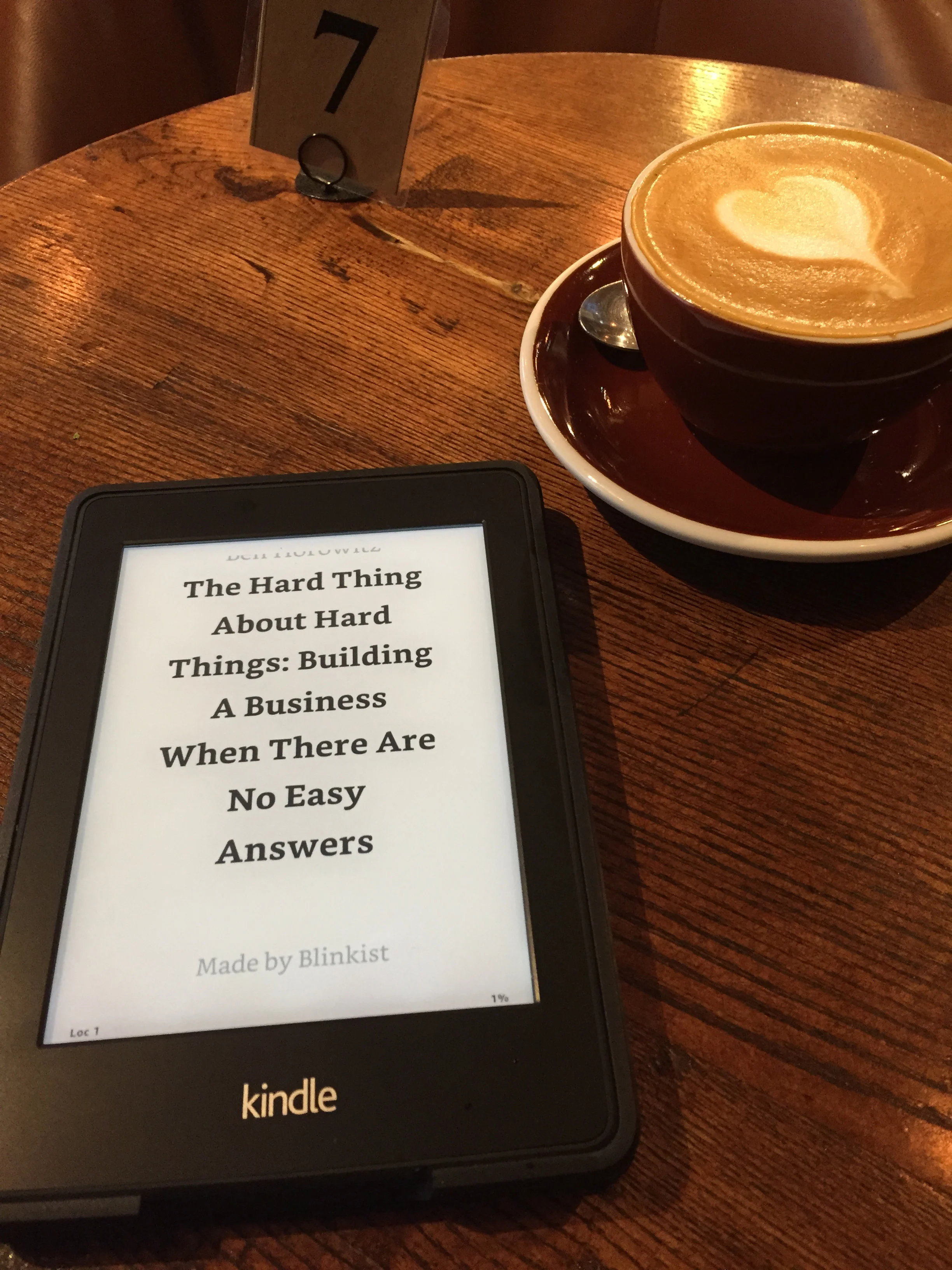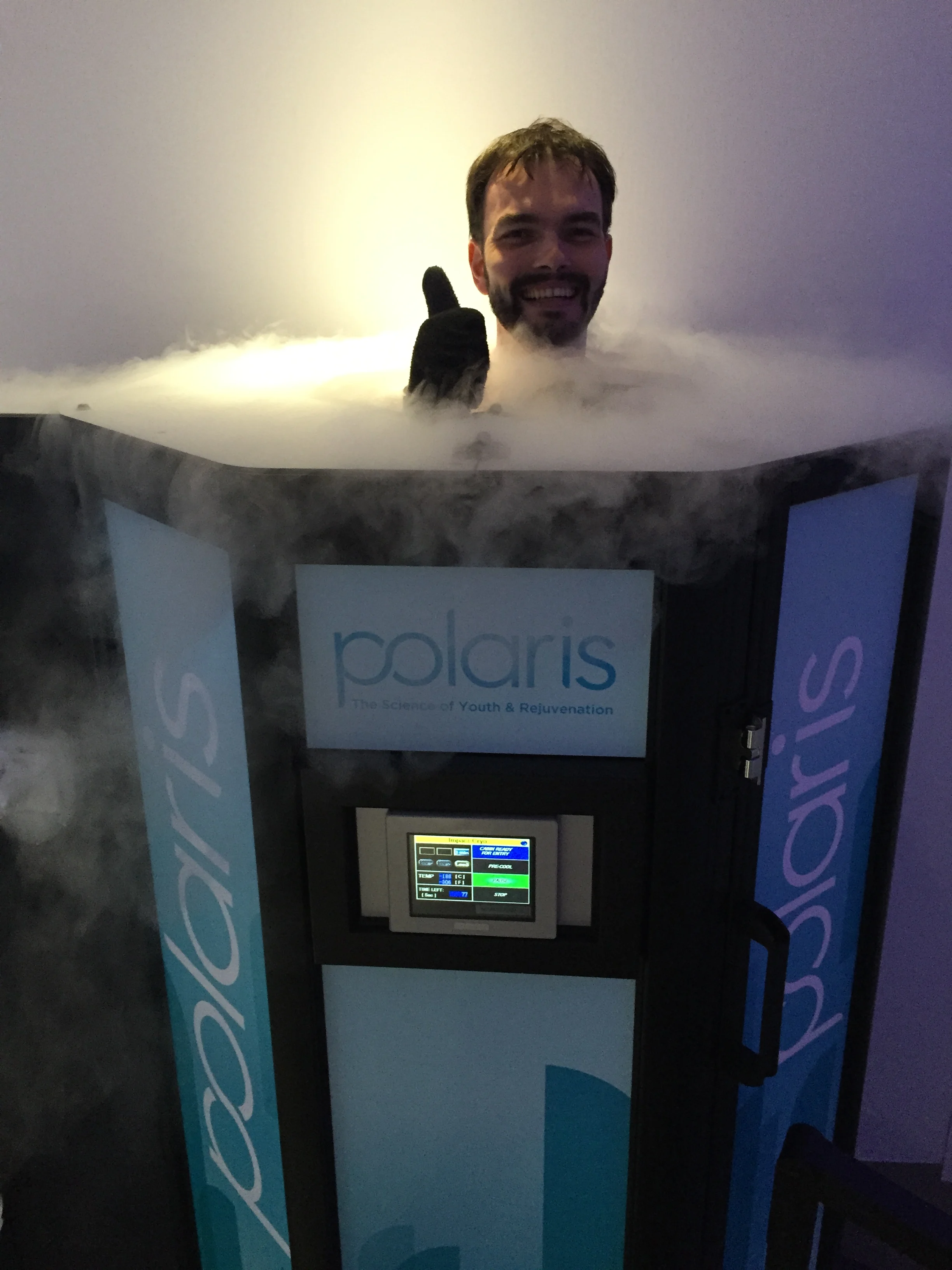Why don’t I run faster? – Unlocking the Secret of my Slowness (Part I)
Just recently I wrote extensively about my love-hate relationship with running. You can find the article called Life’s Lows & Runner’s Highs here.
I love running for the almost meditative effects that it has on me. It helps me to free my mind and lifts my mood. At the same time, I hate that I run so depressingly slow.
In my twenties my times were actually not too bad. Without any systematic training, I ran 10km in about 45min and 20km in around 1h 45min. Not enough for competitive ambitions but not too shabby either.
A mere decade later my running times have deteriorated massively, and just getting below 1h for 10km again was a massive battle.
In past years I often wondered what exactly caused the breakdown of my running abilities. How can it be so difficult to reach my old results, especially given that I have done more sports in recent years than ever before in my life (maybe with the exception of the 10-month military service in 1998)?
With this Life-Sparring round and possibly a few more later this year, I want to try to solve the riddle of my ever-slowing running performance and unlock the secret of my slowness.
So to start the search for the secret of the lost minutes, let’s take a closer look at the two most obvious factors.
Culprit one: Age – Old man ain’t that fast
It’s common knowledge that after a culmination point at a certain age (usually in the twenties) age affects pretty much all forms of athletic performance in a negative way. The main question is, however, at what age the curve of performance degeneration gets steeper.
Given the fact that I routinely get overtaken by fit men (and occasionally women) in their sixties and seventies and the fact that the average age of the last five marathon world record holders is 31.2 years (Haile Gebrselassie, 34/35 2007/2008; Patrick Makau Musyoki, 26, 2011; Wilson Kipsang Kiprotich, 31, 2013, and Dennis Kipruto Kimetto, 30, 2014), there is strong anecdotal evidence that my current age of 37 alone is not sufficient to explain my performance deterioration. Actually the decline happened from 2006-2009, around my 30th birthday. My running times since I started using a GPS running watch in 2009 are fairly stable, even improved slightly when preparing for an event.
In a 2001 study titled Endurance and age: evidence from long-distance running data, Elmar Sterken of the University of Groningen concluded, that top long-distance performance for men and women around the ages of 27 to 30, and performance, declines gradually after the 30th birthday. According to Sterken, an average 10-year- old runner reaches about 75% of his performance potential. An athlete aged 45 should still be able to reach about 90% of her peak performance (Sterken, 2001, p8).
So in the light of this data, I should be still fairly close to my performance peak, unless I aged prematurely. On top of that, it seems likely that, due to lack of consistency and professional training in my young years, my historical bests do not even represent my full peak potential.
My age should actually not hinder me in coming close to my old personal bests.
Culprit two: Weight – Why are there no weight divisions in running?
Body weight gain is an obvious candidate for me slowing down on my runs. There is no hiding that I am a much larger version of my younger self. From around 75kg in 1999 to currently about 86kg, my weight developed in a curvy movement around a steady upward trend. I wrote a pretty detailed account of my body weight (and body fat) development in another Life-Sparring round called Weighing in on the Weight Question. With about 24% body fat, I am also far less lean than I would love to be.
I am far away from being the heaviest in the runs I participate, but no doubt I would rank better if results would be broken down in weight and not just in age classes.
Why does weight matter? It obviously takes more energy to carry more weight around, especially if the weight comes in the form of body fat. As Matt Fitzgerald puts it in an article for Runner's World: “You can’t move forward without moving up, and the more you have to lift against gravity, the more energy it requires.”
For peak running performance, I would need a body weight somewhere close to 70kg. According to Weyand & Davis (2005), my optimal BMI for a 10k run would be between 19 and 20.
However, a target weight of 68kg would likely make me look like a Holocaust survivor and bring me into severe conflict with my newly wedded wife, who prefers me to at least provide the visual illusion of being able to protect her.
Most online calculators suggest an improvement of around 30 seconds per lost kg body weight on 10km. The 10 kg that I gained since my university times therefore should account for about five additional minutes.
Matt Fitzgerald (obviously THE guru on body weight and running) writes in an article for Running Competitor about a potential increase of 5% with a weight loss of 5%. This would roughly translate in losing six minutes on a 10k run, if I managed reducing my weight by 10kg.
So my weight gain over the past years should be able to explain some, maybe half of the additional minutes I put on.
Interestingly though the effect of my body weight on my recorded running results in the past few years seems to be rather low. I ran my best 10k since 2007 in October of 2014, while preparing for my first half marathon. At that time my body weight was 85kg, just a kilo lighter than I currently bring to the scale and pretty much in the middle of my weight range in the past years.
Just looking at the list of my best 32 10K runs from the past seven years, delivers surprising insides: my two “heaviest” runs (both at 89.9kg) placed no. 3 and no. 11 on the list. The two “lightest” runs, at 82.2kg (a whopping 7.2kg lighter) in opposite ranked no. 28 and no. 29 among the 32 runs.
Math does never lie; running a simple correlation analysis to explore the relationship between my body weight and my 10K times for the above mentioned 32 runs, delivers surprisingly a weak negative correlation of - 0.01.
So instead of the proportional improvement of running time with less body weight (correlation of 1) as promised by Fitzgerald, my times actually got slightly (statistically not significant) faster, when I put on some weight.
As it is rather unlikely that I am defying gravity, I assume my fitness level and factors like temperature and fatigue simply overshadowed the effect of a weight fluctuation of 7.2kg.
Unfortunately, the necessary multivariate regression necessary to analyze the simultaneous influence of body weight, heat (I have temperature records for most runs) and shape (TRIMP values out of SportsTracks 3 with Training Load app) is slightly out of my league.
So if age and weight are not holding me back, why don’t I run faster??








